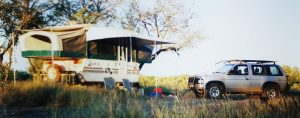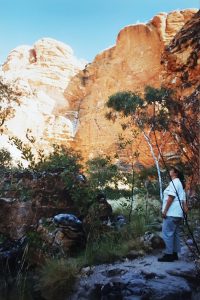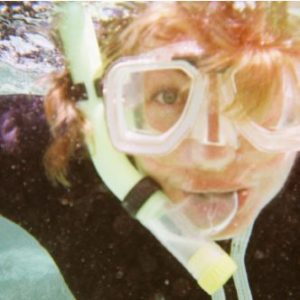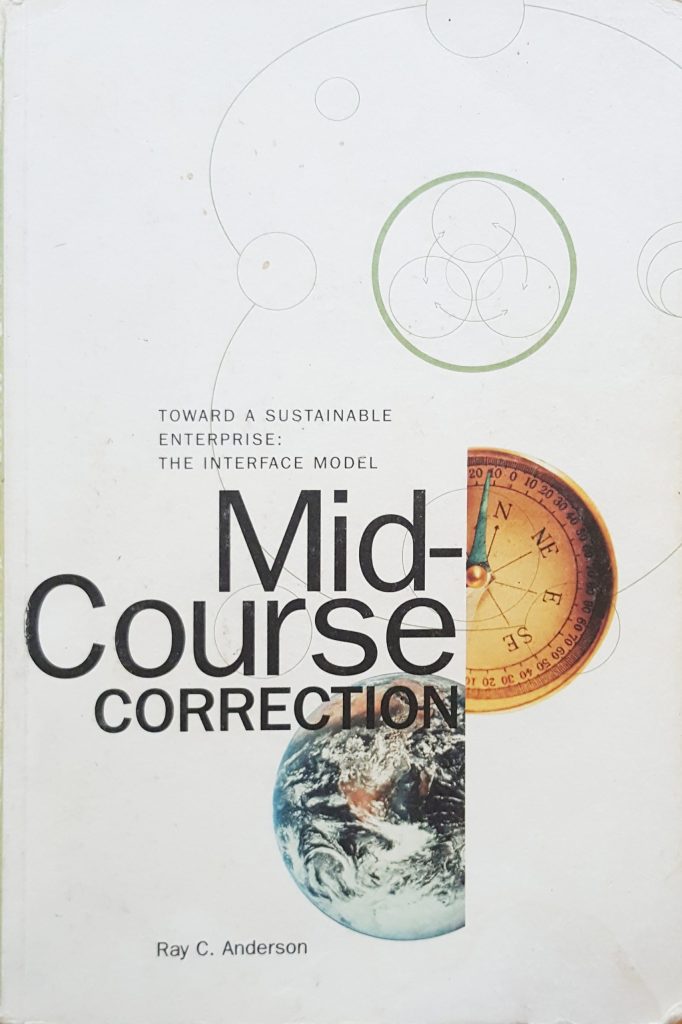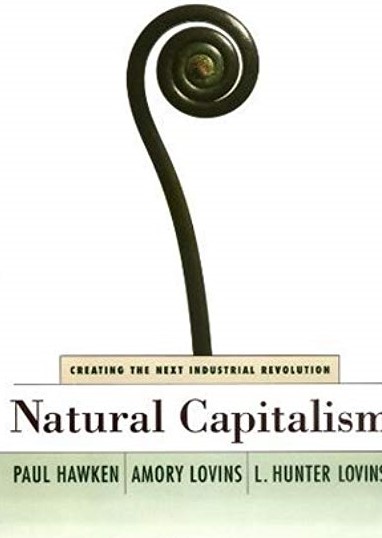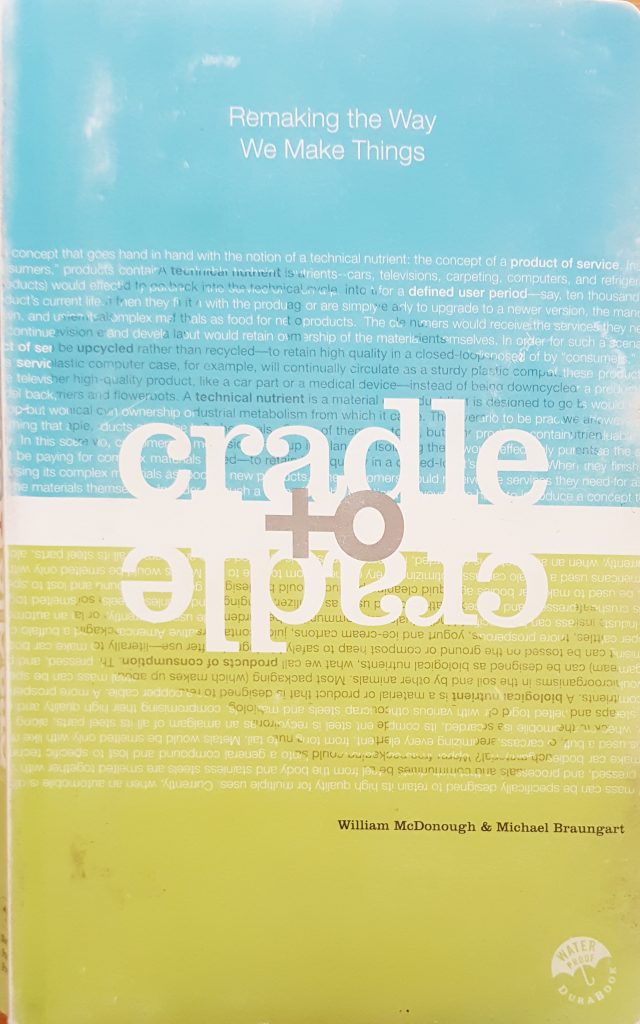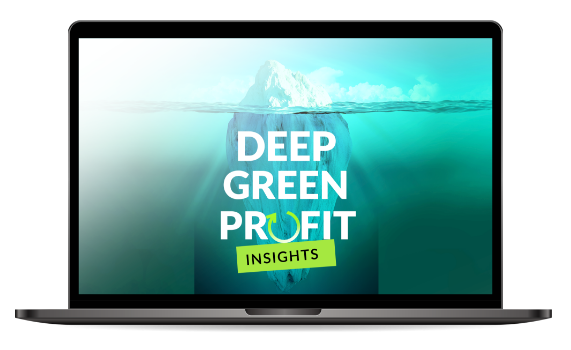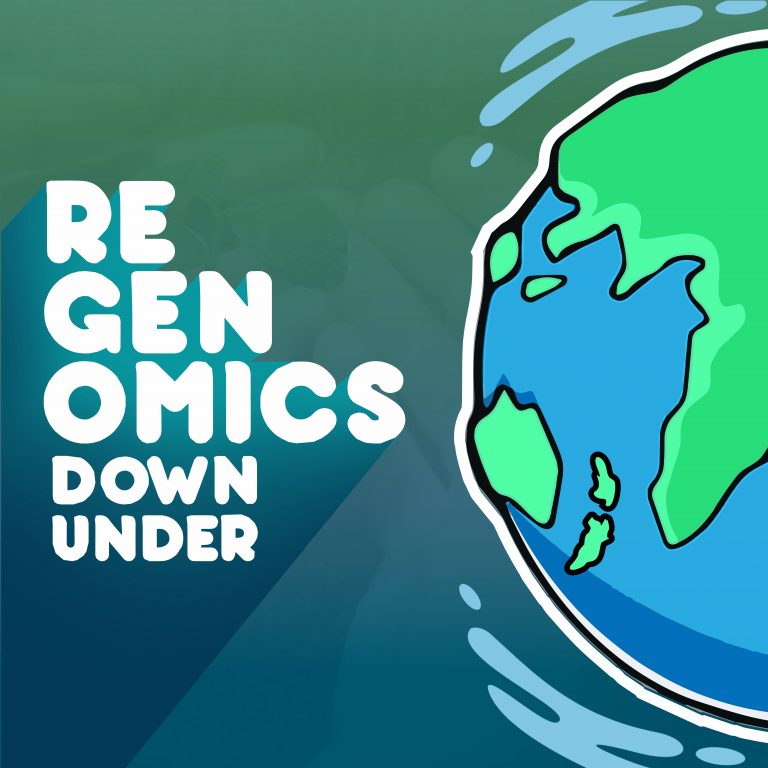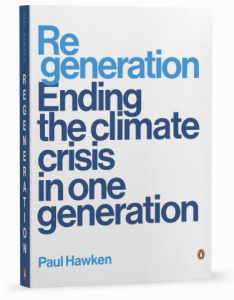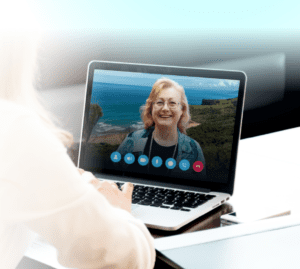Leigh Baker
I’m an Australian supply chain consultant turned writer and regenerative business enabler.
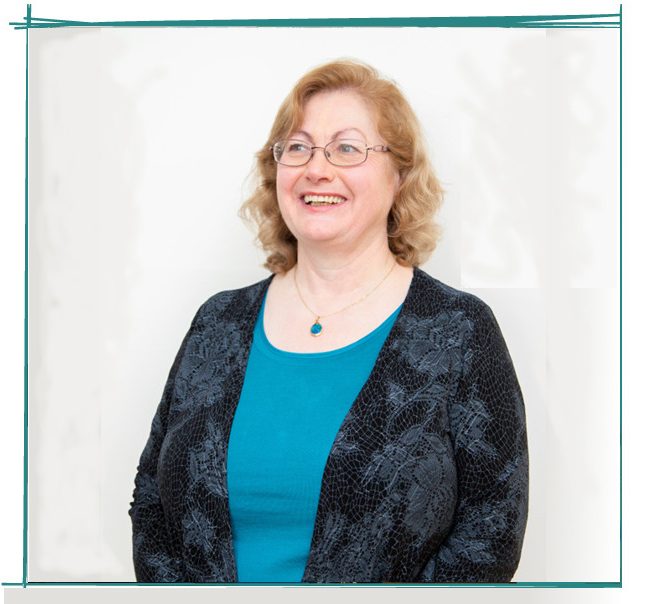
Throughout my career, I’ve use my passion for ideas and and systemic thinking to find ways to make business work better.
Regenerative business innovation is all about understanding and upgrading business systems and communication.
And that’s actually what I’ve been doing in different ways throughout my career.
Here are the high points of my story (so far)….
1985
It was in 1985 that I began work in the supply chain.
I’d finished my studies in computer systems management and joined the IT team of an Australian pharmaceutical manufacturer analyst/programmer.
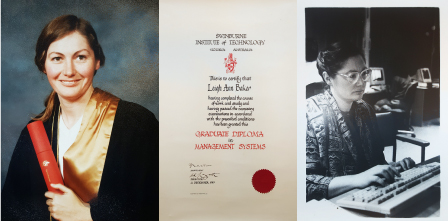
It was the start of 30+ years “behind the scenes” fixing the systems that deliver the products and services we use every day.
To do my job, I had to do more than write good code. I had to understand a whole range of human systems and their needs, from the factory production staff to financial industry regulators.
I worked on business applications that managed everything from making headache tablets to running a Share Registry.
During that seven years in pharma, I ALSO “worked” as an owner-builder. It took 6 years of serious labour – holidays, weekends, evenings – while my husband and I successfully built the home of our dreams on our bush block.
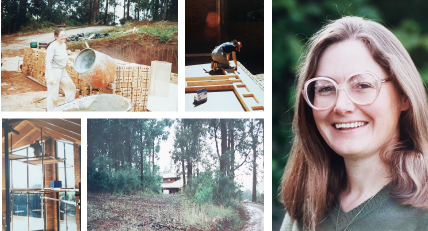
This personal project ALSO gave me massive insight into just how much goes into every built structure – time, energy, money, resources, passion, expertise.
Ever since, I’ve looked at homes, cities, factories and warehouses with different eyes.
1993
By 1993 it was time for a new challenge. Our home was finished and the traffic on my commute was getting heavier.
I went work for a consultancy delivering manufacturing applications into the food, beverages and packaging industries. With Y2K approaching, it was a busy time.
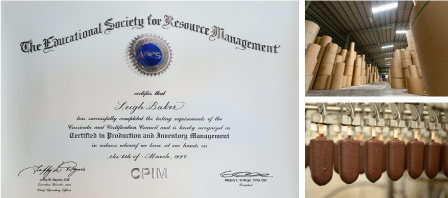
(Y2K was real – but most of the problems were dealt with in the 5 years leading up to 1 January 2000.)
I worked with manufacturers who made everything from ice creams (yum!) to cardboard boxes and office paper – and every department from production to accounting.
As an industry consultant, I saw the same thing over and over – most of the “computer problems” started in the soft systems of the business, not the software.
Seeing the breadth of business activity and the challenges of innovating human systems, I got more and more interested in human behaviour and leadership.
Along the way I did industry certification in manufacturing and inventory management – learning the principles guiding the work my manufacturing clients were doing.
1997
By 1997, most of the Y2K work was done AND so was my job. The exit package was good, so we decided to travel.
We took time out for a major road trip, exploring the beauty of the country we live in over several months.
Living “on the wallaby” in a small campervan with minimal infrastructure was an great exercise in resource usage.
1998
I started freelance consulting as Baker Consulting Services (not the most imaginative business name – but we were just starting out).

My work was helping the same sorts of manufacturing companies – the mid-size ones who had put in new systems “to fix Y2K”.
Now that their new system was in, they wanted to make the most of the planning and delivery tools that were built into their new ERPs.
How the products and services we use every day actually get made and delivered is still fascinating.
I also started my first exploration into how “the people side” of business innovation worked
That first step led to me becoming an NLP Master Practitioner.
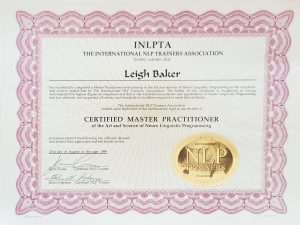
On a break during the Grad Dip, there was an announcement. The University was offering some new units on Sustainability in Business and they were looking for candidates.
I was interested – and I didn’t even know why?!?
Yes, I loved my bush garden and I enjoyed travelling the outback and camping under the stars. But what did that have to do with my work as a business consultant?!?!
I decided to find out….
2001
In 2001 I decided to find out how this thing called “the Internet” applied to industry by doing a Grad Dip in eBusiness.
And along the way, a “chance encounter” early in that Grad Dip created a whole new direction in my life.
I learn lots about eCommerce, business and the Internet – and built my ever first website.
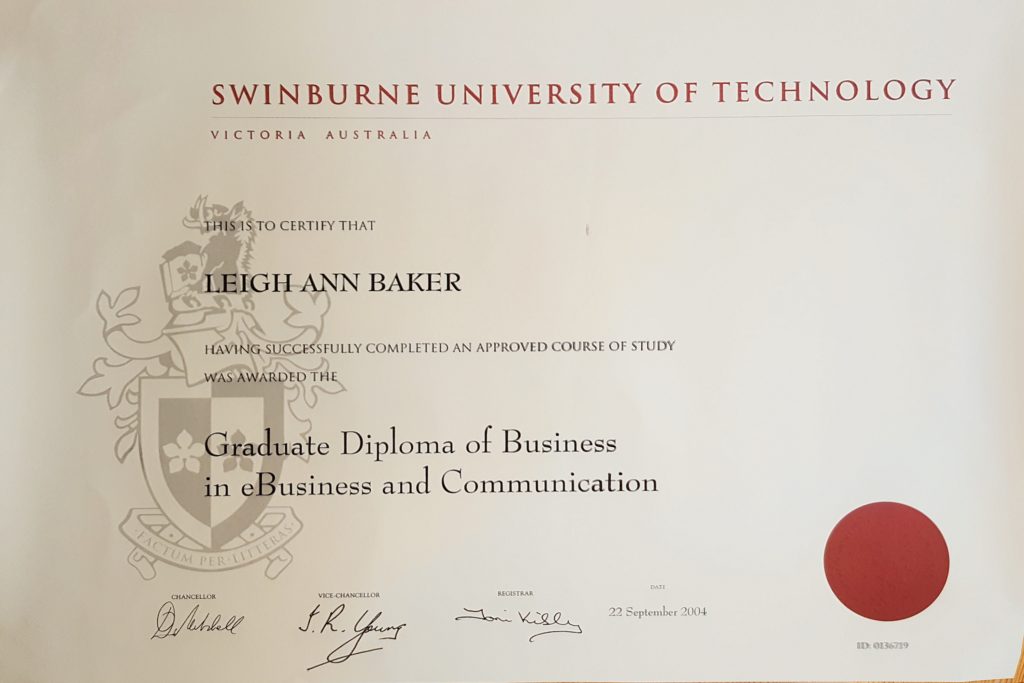
2004
In 2004, a new opportunity opened up to explore the management side of business – working as a leadership coach in a franchise operation.
It pulled together some early Psychology studies with my business experience and NLP qualifications, and offered a well-structured framework.
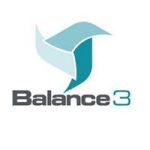
Baker Consulting Services became Balance3.
For the next 4 years I worked with Australian business managers on building their personal sustainability and their leadership skills.
Executive coaching was a fascinating field – but F2F sessional work spread across Melbourne’s urban sprawl sucked up way too much time.

Coaching was yet another fascinating insider perspective on how business works – and reinforced just how much human behaviour influences and constrains business innovation.
Throughout my time as an executive coach with a passion for sustainability, I’d been searching for the right book to give my busy clients.
It became increasingly clear that there were no SMALL, straightforward books on the fun side of business sustainability.
All the books on the innovation potential and the high-impact opportunities were massive – and most of them started with stories of terrifying futures.
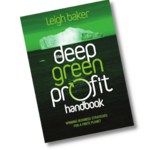
So in 2009 I wrote my own 90-page opportunity summary – the original Deep Green Profit Handbook.
2008
In 2008, I went back to supply chain consulting. (With a little coaching on the side.)
The “sustainability bug” I had caught in 2002 was pulling me forward.
The exciting, innovative approaches of Natural Capitalism, Cradle to Cradle Design, Systems Thinking and Biomimicry connected deeply with everything I’d seen in factories and warehouses around Australia.
As I had worked with human behaviour in business systems, I knew that there were some pieces missing in how sustainability was being presented to the business world.
The first Balance3 website took over from the original BCS newsletters and developed into a blog about sustainability, business opportunity and human systems innovation.
2010
I added to my understanding of human systems with a Diploma of Ontological Coaching and added generative innovation to my toolset.
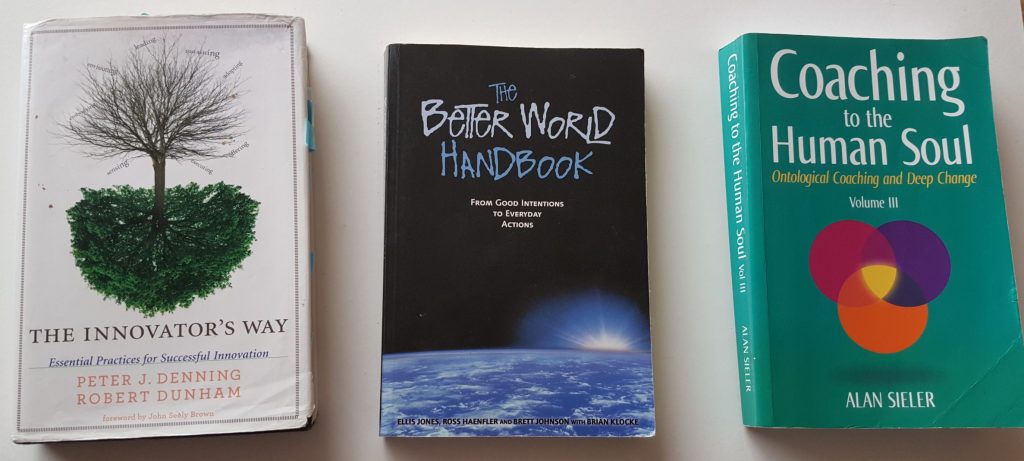
And the further I got into sustainability innovation, the more I realised that there were some serious messaging problems.
What sustainability really needed was skilled marketing – because fifty years of earnest appeals for altruistic action to avoid catastrophe just weren’t working!
I moved from reading about solutions to talking about them – speaking and networking.

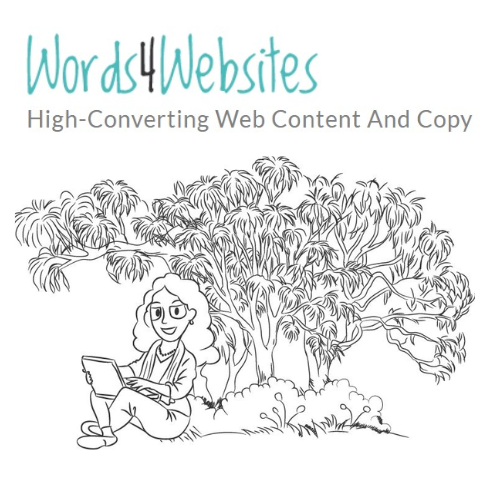
2015
I added marketing psychology to my influencing toolkit and about the same time started coworking with some digital marketing experts.
The guys were great – and after a few months, they politely (though with quiet smiles) pointed out that I was already a good copy and content writer.
It turned out that my years of writing consulting reports -combined with years of human communications study- had prepared me for a whole new career.
That career change freed me from the commuting grind. Words4Websites was formed and I got off the road and had a whole lot more time for regenerative business.
2017
In 2017, Project Drawdown published their first round of modelling on REVERSING GLOBAL WARMING with existing solutions
It was the first ever attempt to answer “is this fixable” – and they found a wealth of solutions that surprised even the researchers.
Even more interesting were their findings that the top solutions offered multiple benefits AND some really big business opportunities.
It convinced me even more than ever that regenerative business opportunities needed better marketing.

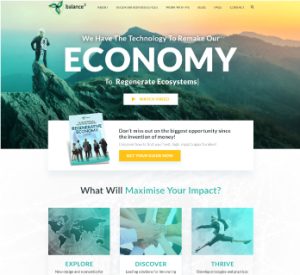
2019
During 2019, I drew further on the Project Drawdown knowledge base, plus The Blue Economy and a range of other sources.
The result was a major re-vamp of Balance3, and included developing a free ebook on the role of entrepreneurial action in delivering a sustainable future.
2020-21
COVID came calling at the start of 2020 – so I was VERY grateful I’d switched to remote writing for my income.
With all the downtime and even less travel for networking, I consolidated my content.
I added a new blog on sustainability and human behaviour called An Inconvenient Species AND started a podcast.
I finished writing a free email course for SME business called The Deep Green Profit INSIGHTS, and have been getting good feedback.
That work continued through 2022 – and created a strong foundation for more action.
Further regenerative inspiration – and confirmation of my thinking about regenerative business came in September of 2021.
Project Regeneration was launched – cataloguing a wealth of community and SME opportunity.
(There are 200+ million SMEs globally – that’s potentially a massive regenerative business impact.)

It includes:
- The INSIGHTS email series.
- My regenerative solutions podcast.
- My Regenerative Thinking in Action program.
So if you’re wondering if you have undiscovered opportunities, check out ThinkActRegenerate.com
2024
I consolidated my collection of regenerative business content and ideas into Think Act Regenerate – one website to rule them all (well almost =).
Deep Green Profit and Regenomics were – after all – specific aspects of Regenerative Business innovation.

